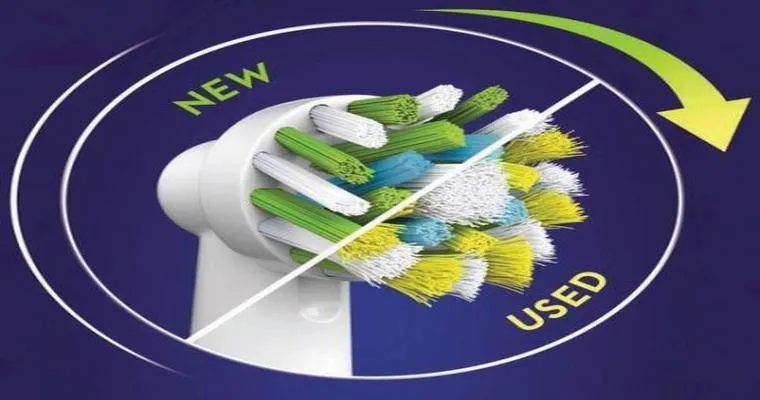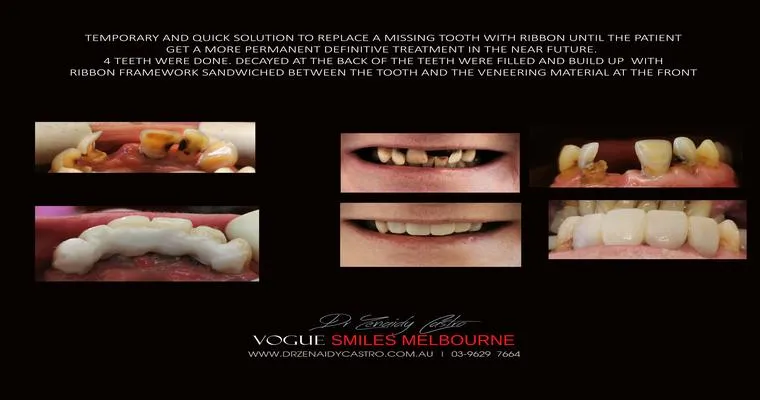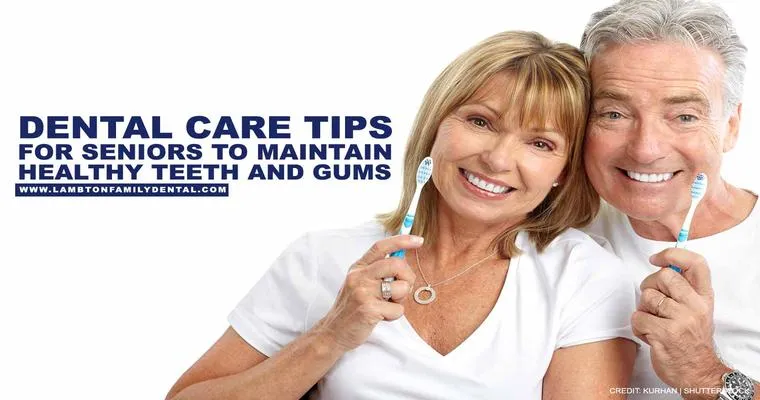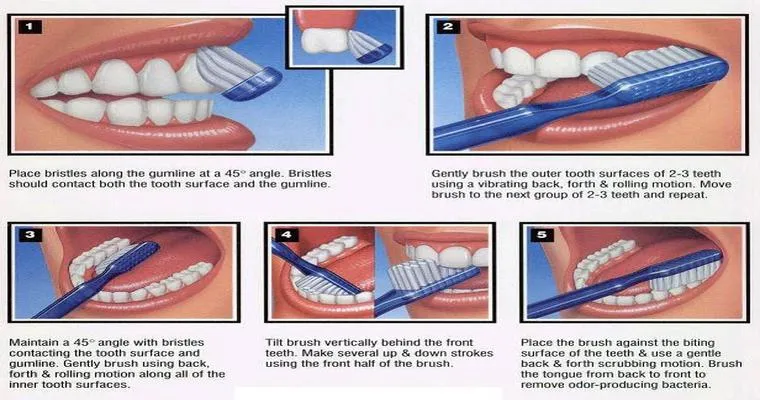Maintaining good "oral hygiene" is crucial for overall health, yet many people overlook the importance of regularly monitoring their "dental health". Poor oral hygiene can lead to a variety of issues, including "tooth decay", "gum disease", and even serious health complications. To ensure that your smile remains bright and your mouth stays healthy, it is essential to stay vigilant about your oral care routine and recognize the signs that may indicate a problem.
One of the first steps in monitoring your oral hygiene is establishing a consistent "brushing" and "flossing" routine. Dentists recommend brushing at least twice a day and flossing daily to remove plaque and food particles that can lead to cavities and gum disease. Using a fluoride toothpaste can significantly enhance your oral health by strengthening tooth enamel and providing added protection against decay.
Regular visits to your dentist for check-ups and cleanings are also vital for maintaining optimal oral hygiene. During these appointments, your dentist can identify early signs of dental issues that you may not notice at home. They can provide professional cleanings that remove tartar buildup, which is essential for preventing gum disease. Additionally, your dentist can offer personalized advice on how to improve your oral hygiene practices based on your unique needs.
Another important aspect of monitoring your oral hygiene is paying attention to any changes in your mouth. This includes noticing any "sensitivity", "pain", or changes in the appearance of your gums and teeth. For example, swollen or bleeding gums can be a sign of gum disease, while persistent bad breath might indicate an underlying issue. If you experience any of these symptoms, it is crucial to consult with your dentist as soon as possible.
Incorporating a healthy diet is another effective way to support your oral hygiene. Foods rich in calcium, such as dairy products, and those high in antioxidants, like fruits and vegetables, can help strengthen your teeth and gums. Additionally, reducing your intake of sugary snacks and beverages can significantly lower your risk of developing cavities.
Lastly, consider using additional tools to aid in monitoring your oral hygiene. Products such as "mouth rinses", "interdental brushes", and "electric toothbrushes" can enhance your cleaning routine. These tools can reach areas that traditional brushing might miss, ensuring that your mouth remains clean and healthy.
In conclusion, staying proactive about your oral hygiene is essential for preventing dental problems and maintaining overall health. By establishing a solid oral care routine, keeping up with dental appointments, and being aware of changes in your mouth, you can ensure a healthy smile for years to come. Remember, good oral hygiene is not just about having a beautiful smile; it is a vital component of your overall well-being.





